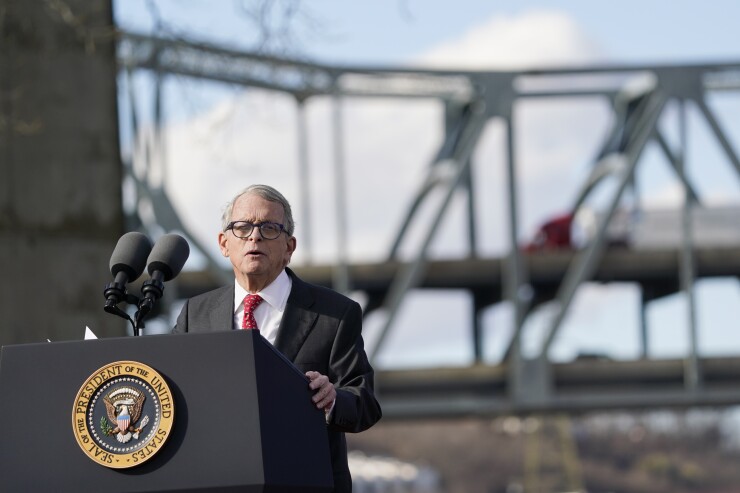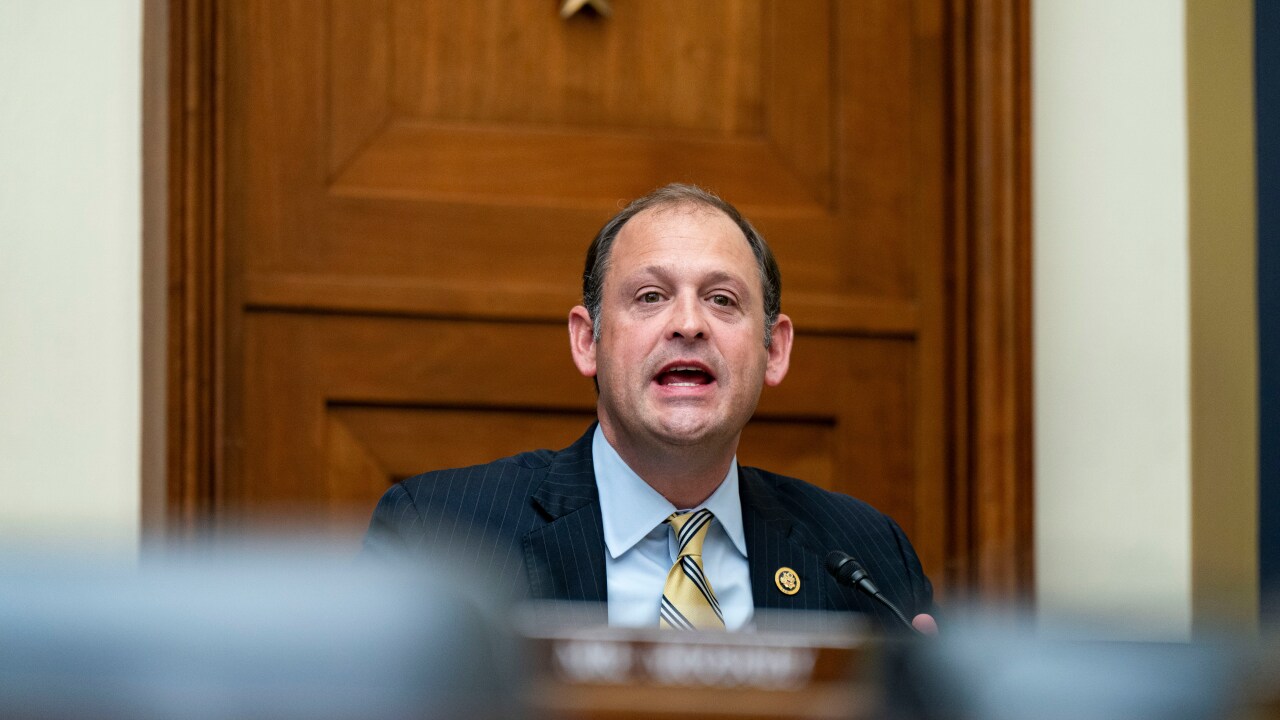
Ohio Gov. Mike DeWine's property tax working group released its final recommendations this week, one day before the state Senate overrode the governor's veto of a budget provision ending substitute or replacement levies and emergency property tax levies in the state.
DeWine's press secretary, Dan Tierney, said the governor is not yet commenting on the working group's recommendations.
But Tierney suggested the governor's office hopes the report will inform the legislative debate over property tax reform.
"We expect that (lawmakers) will be working on some of the bills related to property taxes in the coming weeks," he said. "One of the reasons the governor set the deadline he did is so that this information will be available to legislators in the coming weeks."
The discussion of property tax relief policy options comes as the state, which is rated triple-A across the board, has seen a push from a group of citizens to abolish state property taxes.
"Property taxes in the state of Ohio are the primary driver of education funding," Tierney said. "They also fund police, fire, libraries, mental health, services for the developmentally disabled, and numerous other government services."
Eliminating the property tax would cut off funding for those services, he said. And that funding would likely be made up with income taxes.
"If such a proposal were to move forward, what would have to be answered is how are schools going to be funded if all of a sudden there's a constitutional amendment that eliminates their funding? Because that's the consequence of it," he said. "These tax dollars are being actively used to support programming in the state."
Among the property tax working group's recommendations: Allow county budget commissions to label levies as "unnecessary" or "excessive," and to reduce them at a minimum of five years after the initial levy approval or two years after a renewal of the levy by voters.
And limit all taxing districts to levy-funded dollar carryover balances of 100%, and cap reserves for operating expenses.
The working group also called for elected county commissioners to have veto power over all proposed levies by non-elected boards. If a levy covers multiple counties, the commissioner of the largest county by population would approve or reject the levy.
It recommended closing the state's LLC loophole for residential and agricultural property, and affixing a secretary of state-approved summary of a levy's impact on taxpayers' future property tax burden to referendum ballot language.
And it gave its seal of approval to legislation such as
In its report, the working group advocated a tax deferral program for qualifying seniors and people with disabilities. The group estimated the program would cost the state $144 million for 2024.
The report also suggested authorizing levy boards to keep interest earned on their levies, and enabling county commissioners to recover indirect costs incurred by the county in providing services to the board.
It called for zoning reforms, streamlined permitting and reduced infrastructure barriers at the local level to address the housing shortage that is among the root causes of the state's need for property tax relief, according to the report.
It also suggested expanding the homestead exemptions and/or implementing a property tax circuit breaker.
And it encouraged the governor to form a new working group to look at efficiencies in the numbers of taxing jurisdictions in the state. Tierney declined to comment on that recommendation.
On Wednesday, Republicans in the state Senate eliminated local taxing bodies' ability to levy replacement taxes, which replace outdated levies with current property values, and emergency levies, which can be used to avoid operating deficits, the
The working group had recommended the elimination of future replacement levies and the restriction of emergency levies in its report.





